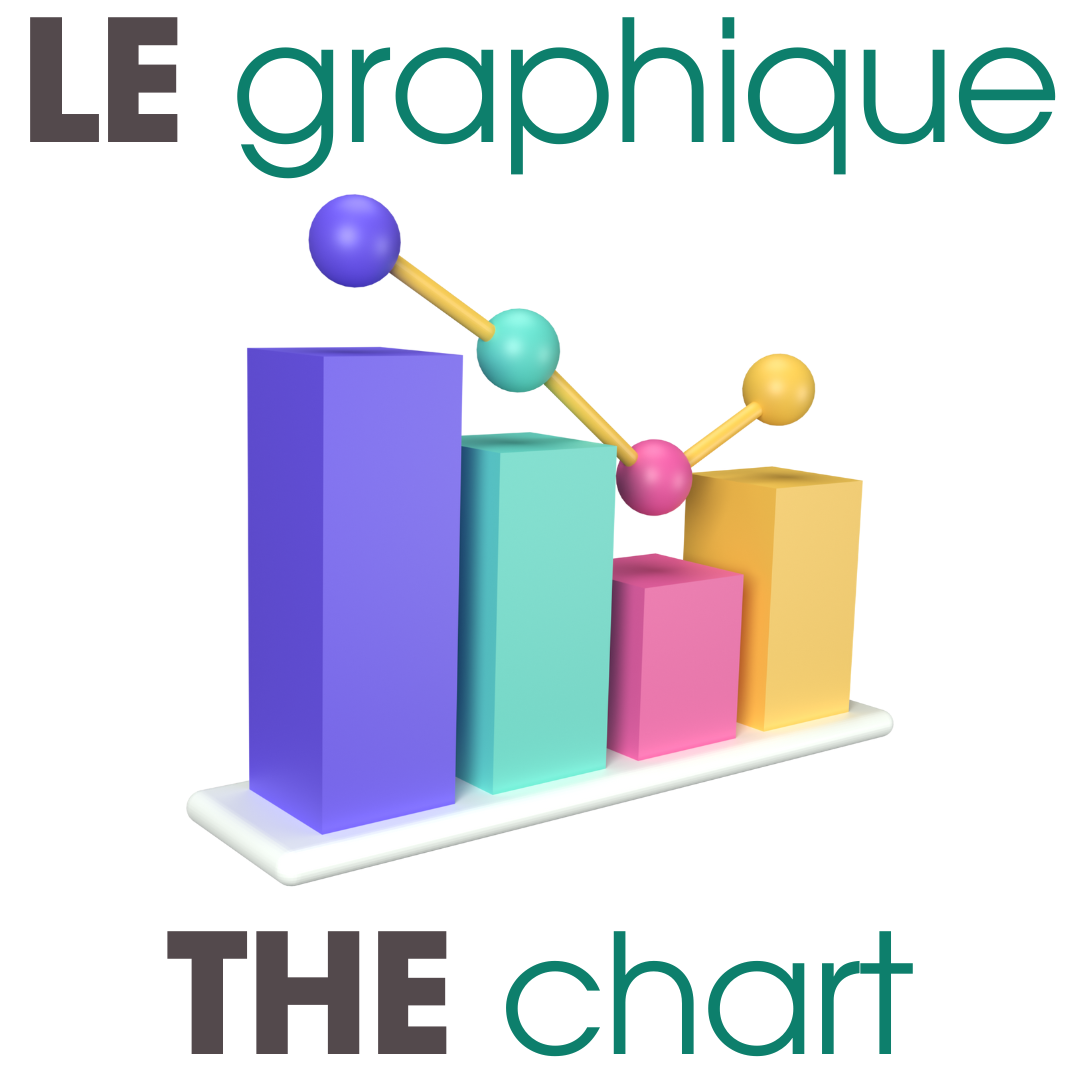Transatlantic Tariff Negotiation: "Positive versus Negative" List Strategy for the European Union
By Antoine Bouët, Lionel Fontagné, Houssein Guimbard, Pauline Wibaux, Yu Zheng
How can Europe identify the threat of trade retaliation that allows it to establish the strongest negotiating position in dealing with the United States in merchandise trade alone?



